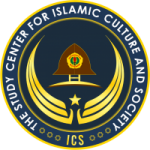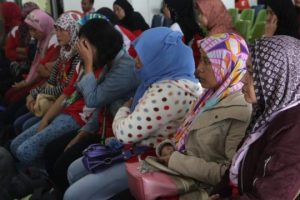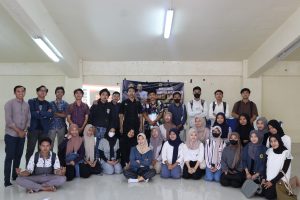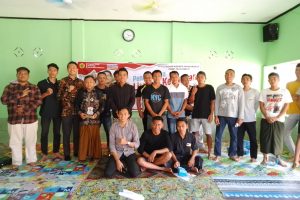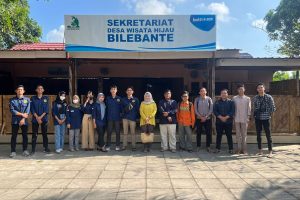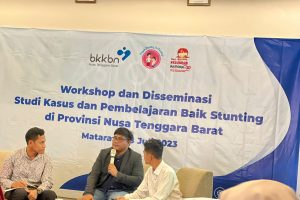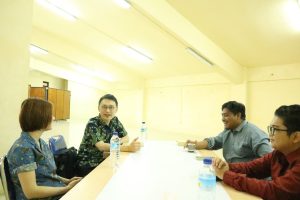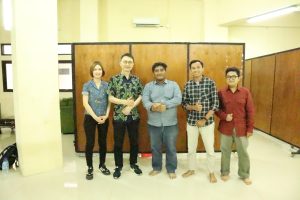Islamic Culture and Society (ICS) is a research center that focuses on Islam, culture, and community changes. ICS was founded in July 2019 by lecturers and researchers from the University of Mataram with diverse disciplinary backgrounds and research interests to address current issues such as the rise of Islamism, radicalism, terrorism, social conflict, human trafficking, abusive migrant workers, and others. The presence of ICS is projected to enrich the treasures and strengthen academic discourse on the campus of the University of Mataram in particular, and in the province of West Nusa Tenggara in general.
West Nusa Tenggara province is a well-known hotspot for extremism and terrorism. Because it is not monitored by the central authority, NTB is a “safe” haven for the spread of radicalism. Historically, this extremist group was an escape from Nengara Islam Indonesia (NII) activists from Java during the Suharto regime. They founded an upscale Islamic boarding school in East Lombok, with branches in Sumbawa and Bima. They are difficult to detect since they do not perpetrate violence or explosions in the NTB zone, but rather act elsewhere. To avoid the pattern of its spread in society, deliberate efforts and counter-discussion are required. ICS focuses on this issue by performing in-depth investigations and research to determine the core cause and the best solution.
The research conducted by the Stara Institute, which discovered that 10 colleges in Indonesia have been exposed to extremism, is a societal disaster for campuses. Campuses are educational institutions that should be used to straighten up and prevent radicalism viruses, rather than being used to promote this destructive ideology. In fact, radical groups have infiltrated and exploited student organization units as brainwashing cadre. Students’ radical beliefs and behavior have been aroused and influenced by discourses of hatred, repressed Islam, and oppressed Islam. The lack of counter-discourse on inclusive and moderate Islam on public campuses appears to be allowing this hazardous idea to proliferate.
ICS has a research, training, teaching, and publications program. In order to improve capacity and disseminate knowledge, ICS actively conducts seminars, workshops, and training. ICS is open to collaborating with other institutions such as government agencies, non-governmental organizations (NGOs), youth organizations, and study centers that share the same emphasis, vision, and mission and are mutually beneficial.
